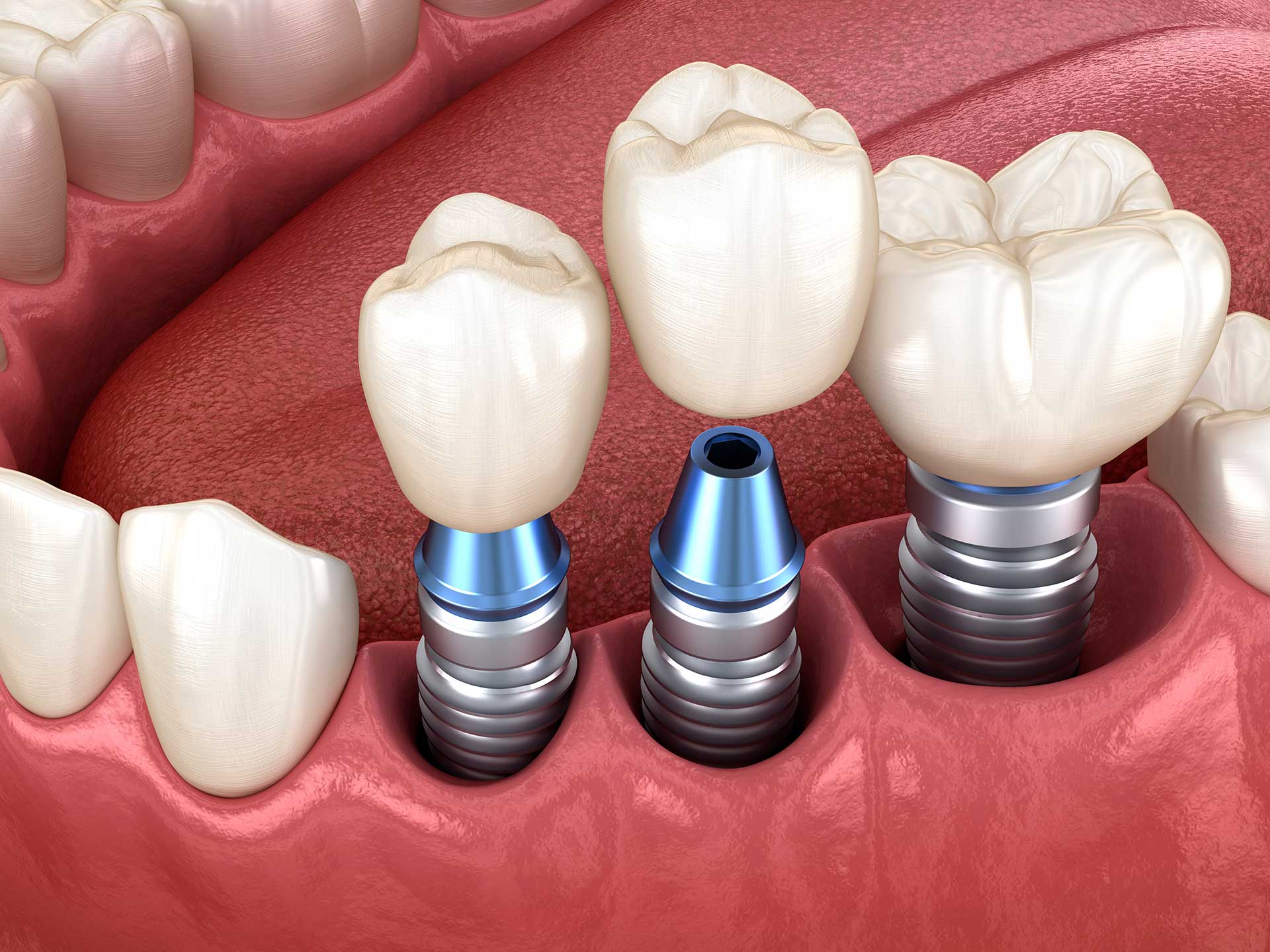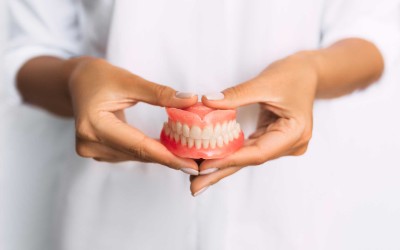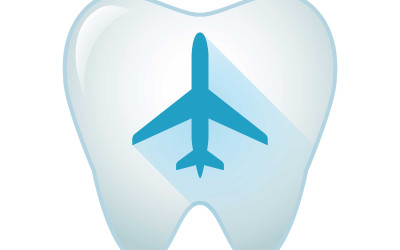Complete Guide to Dental Implants

Complete Guide to Dental Implants
- 29 July 2023
- 4177 views
An implant is a tooth root that is placed into the jawbone, resembling natural tooth roots and serving as a replacement for missing teeth.
This content is for informational purposes only and does not replace medical advice, diagnosis, or treatment. Please consult a healthcare professional for any health concerns.
Table of Contents
Implant treatment is the surgical placement of artificial titanium roots into the jawbone to replace missing teeth. This treatment provides an aesthetic and functional solution by replacing a strong tooth root. Implants are used to address chewing difficulties, speech problems and aesthetic concerns caused by tooth loss. Dental implant treatment consists of several stages, each of which is carefully carried out.
What is an Implant?
An implant is an artificial root made of titanium that is placed in the jawbone, much like a natural tooth root. It is a common solution for the functional and aesthetic restoration of missing teeth.
What are The Stages of Implant Treatment?
Implant treatment generally consists of the following stages:
Examination and Assessment
First, your dentist will examine your missing teeth to assess their condition. Factors such as the density and quality of your jawbone will be assessed. Detailed planning will be done using the necessary x-rays and other imaging techniques.
Jawbone Preparation
If the jawbone is not in a suitable condition for implant placement, a procedure called jawbone grafting may be required. This involves techniques such as bone grafting or sinus lifting to increase the volume and density of the jawbone.
Implant Placement
Once the jawbone has been prepared, the implants are surgically placed. This is done under local anaesthetic, which means you will not feel any pain or discomfort during the procedure. Once the implants are in place in the jawbone, temporary caps are placed over them and the healing process begins.
The Healing Process
Once the implants are in place, a process of integration takes place between the implants and the jawbone. This process allows the implants to fuse with the jawbone, providing strength and stability. The healing process can vary depending on factors such as your bone structure and ability to heal.
Temporary Prosthesis
A temporary denture may be placed during the healing process. This temporary prosthesis provides an aesthetic and functional temporary tooth that balances the load on the implants and supports the healing process.
Implant Superstructure and Permanent Prosthesis
Once the healing process is complete, a permanent denture is placed on the implants. Your dentist will take oral measurements and fabricate customised implant superstructures and dentures in the laboratory. These dentures provide a natural look and function similar to natural teeth.
The Dentures Fit and Adjust
After the permanent dentures are in place, your dentist will check the fit and aesthetics of the dentures and make any necessary adjustments. It is important that the dentures fit perfectly with your jaw structure and other teeth.
Follow-Up and Maintenance
Regular check-ups and maintenance are important after implant treatment. Your dentist will perform regular check-ups, evaluate your implants and dentures and perform any necessary maintenance procedures. Good oral hygiene, such as regular brushing and flossing and routine dental visits are important for the longevity of your implants.
What are the Advantages of Implant Treatment?
The advantages of dental implant treatment are as follows:
- Implants offer a natural look, especially when combined with porcelain crowns that attach to the gum. They provide an aesthetically pleasing result.
- Implants are permanent artificial roots made from titanium. Titanium is a biocompatible material that gradually fuses with the jawbone to form a strong bond.
- Implants offer a more comfortable experience than other restorative options.
- Unlike other restorative options, there is no need to cut or weaken neighbouring teeth during implant treatment.
- Implants can help with chewing difficulties, speech problems and aesthetic concerns caused by tooth loss.
- With tooth loss, the jawbone tends to deteriorate over time. Implants stimulate the jawbone, preventing bone loss and helping to maintain healthy bone tissue.
- Implants are cleaned just like natural teeth, with regular brushing, flossing and routine dental check-ups. They do not require any special care or removal.







